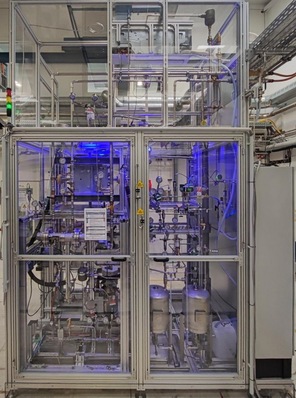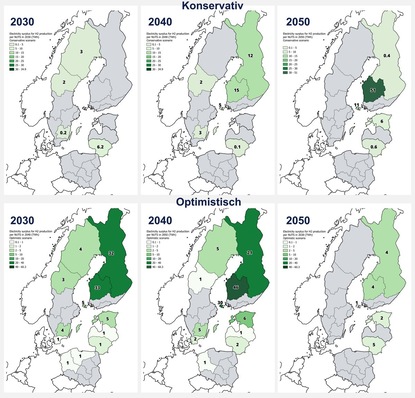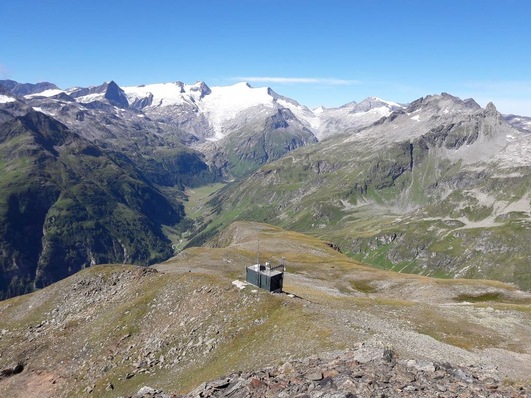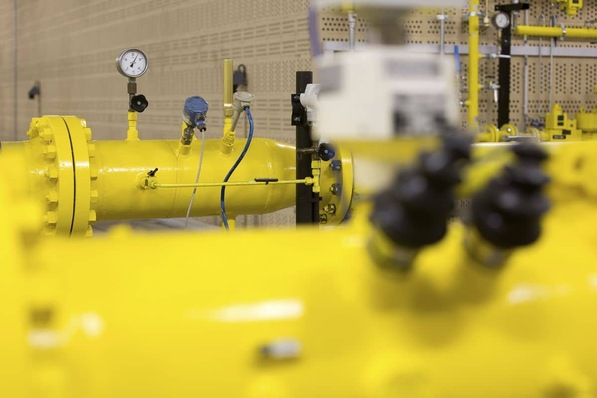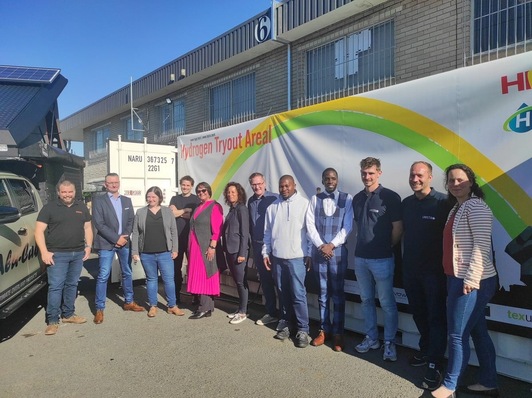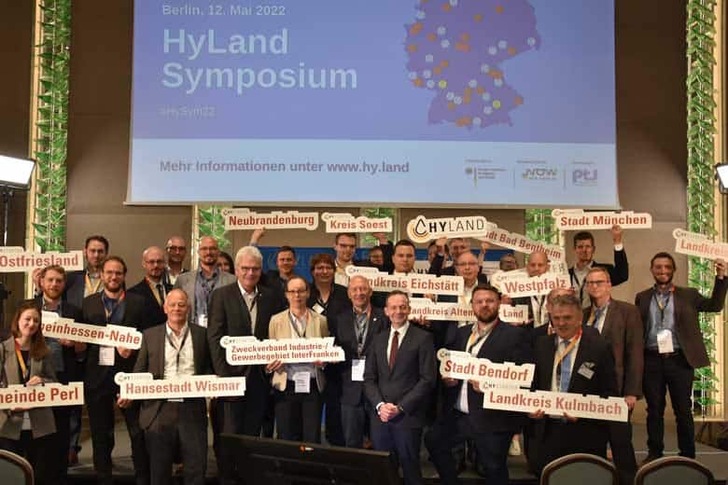
The start of the second HyLand round was a chance to take a glance back as well as to look at what is likely taking form ahead. In the first round of the HyLand program, three regions with an already established hydrogen strategy, called HyPerformer Regions, were each given up to 20 million euros in investment grants to implement their hydrogen concept. The total for the projects was 195 million euros, distributed as part of the national program for hydrogen and fuel cell innovation (Nationales Innovationsprogramm Wasserstoff- und Brennstoffzellentechnologie, NIP).
Meanwhile, HyExpert Regions have each received up to 400,000 euros in grants in order to commission consulting, planning and other services needed to create an implementable comprehensive plan for a regional hydrogen economy. The HyStarter Regions have each received one year of support in the technical and organizational development of a region-tailored hydrogen concept and network focused on the use of hydrogen in transport.
It was said by the organizers that the supported approaches “depicted the entire hydrogen value chain in the transport sector of the region, from the production to the storage and distribution infrastructure, to the various transport applications: buses, municipal vehicles, trucks, cars, etc.”
Kurt-Christoph von Knobelsdorff, the managing director of the national organization for hydrogen and fuel cells (Nationale Organisation Wasserstoff- und Brennstoffzellentechnologie GmbH, NOW), said in his welcoming speech, “HyLand is a blueprint and grassroots work at the same time.” He further compared the HyLand Regions to the Hydrogen Valleys that are currently being established at the EU level. He said that the participants could rightly proclaim, “Where we are is way ahead!”
“With the regional approach of HyLand, we’re bringing hydrogen all throughout the country and helping 30 more regions work out concepts for a local hydrogen economy. I’m especially pleased to announce that we’ve approved a second round for the category HyPerformer and thus will be able to support more regions through investment grants in the future.”
Dr. Volker Wissing, German transport minister
Author: Sven Geitmann




